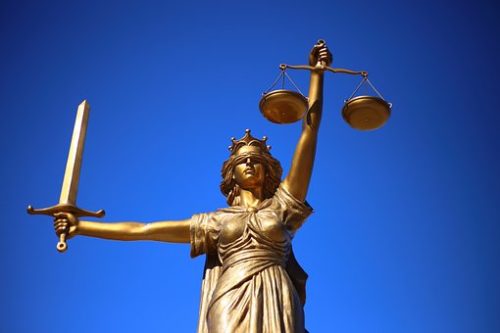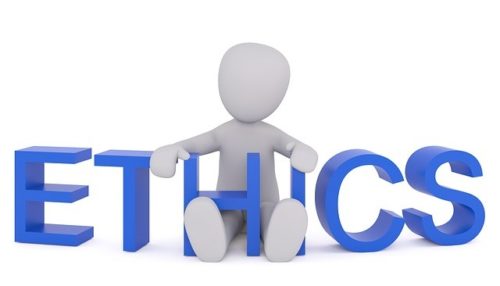Discover the essentials of landlord/tenant law in Ohio with this concise course. Whether you're a landlord or tenant, gain insights into key topics such as lease agreements, security deposits, eviction procedures, and property maintenance. Learn about your rights and responsibilities under Ohio law to establish fair and harmonious rental relationships. Please note that this course provides an overview and should not be considered legal advice. Consult an attorney for specific cases or unique circumstances. Start your journey towards understanding Ohio's landlord/tenant law today!
Agenda:
-
Overview of Landlord/Tenant Law
-
Define landlord/tenant law
-
Discuss the importance of understanding the legal framework
-
-
Lease Agreements
-
Explain the key elements of a lease agreement
-
Discuss common terms and provisions
-
Highlight the significance of written agreements
-
-
Security Deposits
-
Describe the purpose and regulations surrounding security deposits
-
Explain procedures for handling and refunding deposits
-
Discuss legal requirements for documenting damages
-
-
Rent Increases
-
Explain the rules and limitations on rent increases in Ohio
-
Discuss proper notice requirements
-
-
Eviction Procedures
-
Outline the steps involved in evicting a tenant
-
Explain the legal grounds for eviction
-
Discuss the importance of adhering to proper procedures
-
-
Property Maintenance
-
Discuss landlord responsibilities for maintaining the rental property
-
Highlight tenants' rights to habitable living conditions
-
Address common maintenance issues and dispute resolution
-
-
Tenant Rights
-
Explain tenants' rights under Ohio's fair housing laws
-
Discuss protections against wrongful eviction and discrimination
-
Briefly cover privacy rights and access to the property
-


